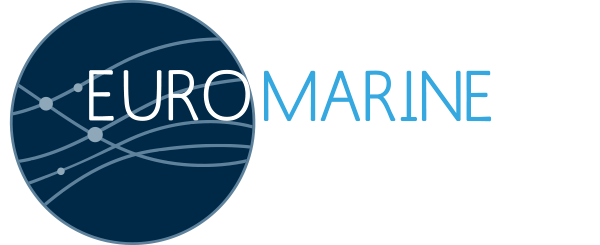Developing indicator-based approaches to track and evaluate the ecosystem effects of fishing and the effectiveness of management measures are vital to maintain sustainable resources. This foresight workshop will bring together 30 junior and senior level scientists to evaluate the performance of ecosystem indicators and establish guidelines for future work aiming at determining reference levels at the ecosystem level.
The intention is to provide a better understanding of marine ecosystems and to set up generic guidelines to run simulation experiments across multiple models to build scenarios for marine ecosystems under changing oceans. This is an opportunity to build a network of scientific experts in state-of-the-art regional models of marine ecosystems. Since the network will involve junior and senior scientists from developed and developing countries it will foster the transfer of highly technical skills and knowledge. The scoring of indicator performances may have a major impact on the selection of headline indicators used by international bodies and frameworks. It is intended to publish two to three scientific papers and to present the results at the 2015 ICES annual science meeting as well as other appropriate international fora.


